Study Abroad Trip: Ghana
- DB
- Jan 20, 2020
- 4 min read
"A picture is worth a thousand words"
It's 2020 and I'm still trying to find the words to describe the study abroad trip that I took to Ghana this past summer. Although the trip only lasted 2 weeks, I feel as if it'll take a lifetime to truly explain what I experienced in words (photos too). I'll attempt to use images and words to share parts of the journey... Surprisingly, my reflection project for this study abroad course was just the beginning of me unpacking my experience traveling to Ghana.
It's got me thinkin' about how unpleasant emotions and feelings are universal... questioning how, when, and why in regard to humanity and the behaviors that tend to occur in this physical realm. As I learn more about colonialism, globalism, and imperialism, I am able to see how everything is systemic. Allowing myself to simply observe at times is honestly something that helps keep me grounded. I am learning that not everything requires a reaction... however, a response in certain circumstances is definitely worthwhile. The trip inspired me to begin writing a book (or a compilation of personal essays mixed with research data). I've always enjoyed analyzing things and academia has allowed my curiosity to be exercised in unimaginable ways.
At this point, I'm trying to figure out the best way to organize my thoughts... writing can be challenging! With that being said, I may re-visit this post periodically to make some edits...
I was gonna use this post to get deeeeeep into the experiences, but honestly I just wanna share some of my artwork that hopefully captured some key moments. I struggle with the mere thought of framing this experience in an *artistic* manner because although the trip helped me connect with my roots, it was quite traumatic, cathartic, and other things I cannot quite describe. Okay, yeah... so I might end up getting deep and personal because this is the stuff that intentionally gets left out of textbooks. These are the stories that aren't getting told. Our existence is a blessing / a miracle / a testament.
Our ancestors would be proud, I think. Perhaps this is a way to heal generational trauma?
I have to get ego out of the way in order to share this in a way that's from source, yanno? This story is NOT just about me; it's about all of the enslaved Africans that were brought over to the "New World". It's about finding a way to honor the ancestors (deceased and living). It's about feeling a way about being colonized, unlearning internalized racism, discovering the truth, and healing... because Yah knows that everyone needs it. "Black", "White", and everyone else within this constructed notion of a "race"needs healing. The world needs healing. The world needs more love and less fear.
Brief Summaries (emphasis on brief)
The 24 hour plane ride to Ghana was interesting. I couldn't really complain about the commute because my ancestors were forced to migrate in much worse conditions. I felt internally conflicted but grateful to be able to visit "The Motherland". The Dutch and Twi languages are wonderful (along with other languages + dialects).
I (along with some of the other ladies on the trip) were shocked to see some of the representations of women in the media (billboards, commercials, etc.). It was refreshing to see dark-skinned women with kinky and curly hair... I feel like 60s/70s are coming back around with more folks rocking their natural hair. There were some advertisements that seemed problematic at times though. I'll make a post all about this someday.
Our American-ness really made us stand out. "Oburoni"(foreigner) was heard quite a bit... All skin-folk ain't kinfolk but the love was still present! :-) Seeing Black folks on the Ghanaian money was something I was not mentally prepared for... it was a pleasant surprise. I don't understand why gold is such a valued element. The bartering system is pretty cool. The markets are massive and photos can't capture the greatness.
It's fascinating how Adinkra symbols, kente cloth, shea butter, cocoa butter, and other West African things were able to be passed down through generations and treasured throughout the diaspora.
If you're plant-based, it's possible to survive in Ghana. The fruits and vegetables tasted healthier, then again it could just be in my head. Load up on plantains, yams, and rice (especially Jollof rice). Fufu is fun if you enjoy eating with your hands. Be careful with raw lychee. If you're vegan, be prepared to [accidentally] consume non-vegan dishes and express gratitude for someone feeding ya!
Dr. Kwame Nkrumah, W.E.B Du Bois, Yaa Asantewaa, and others = radical. 'Dassit.
Cultural differences were obvious... but so were the similarities...
There needs to be more widespread knowledge about Elmina and Cape Coast Castle(s). How come these aren't mentioned in textbooks (outside of "Black/Ethnic Studies")? I don't recall hearing anything about this during those inaccurate slavery lectures. (Yes, I realize the GIF below is mathematical. History is similar to math in a way...) It's important to have these uncomfortable conversations!
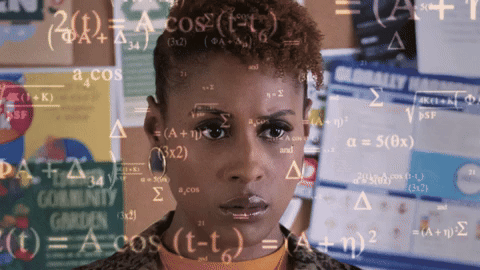
We essentially travelled through Ghana taking the route(s) that enslaved Africans took many years ago... there were tears, laughs, and light bulb moments.







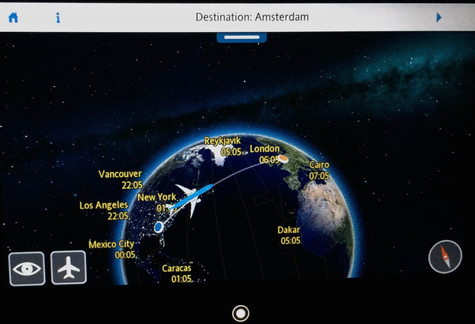



























































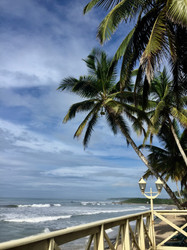

























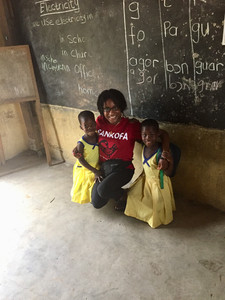


















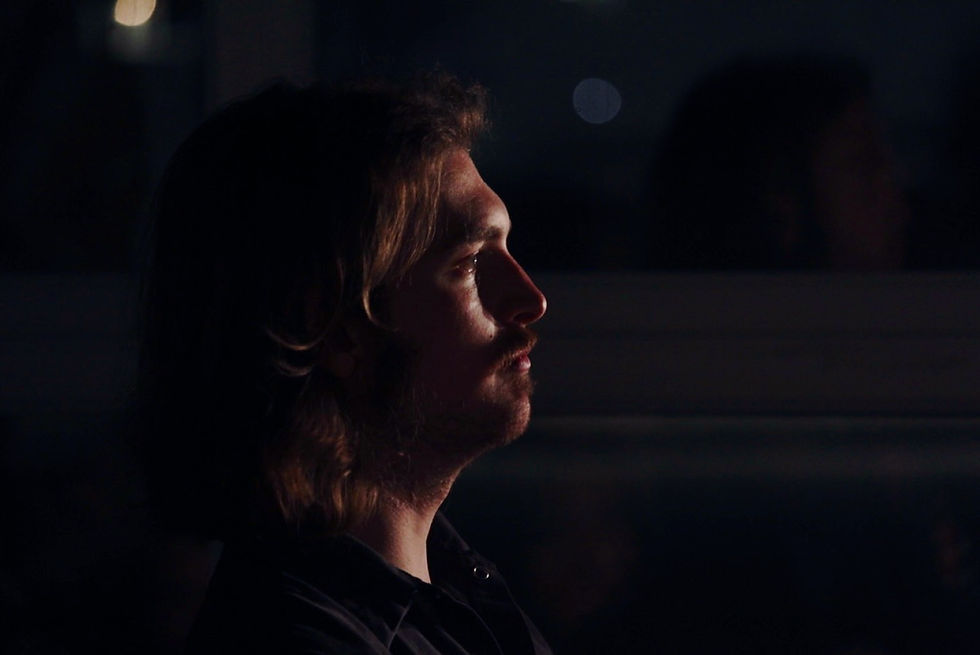


Comments